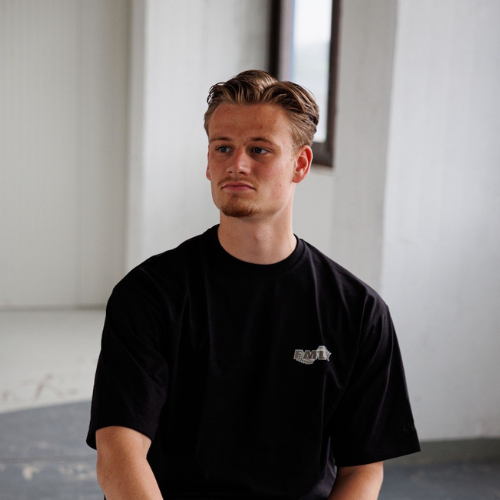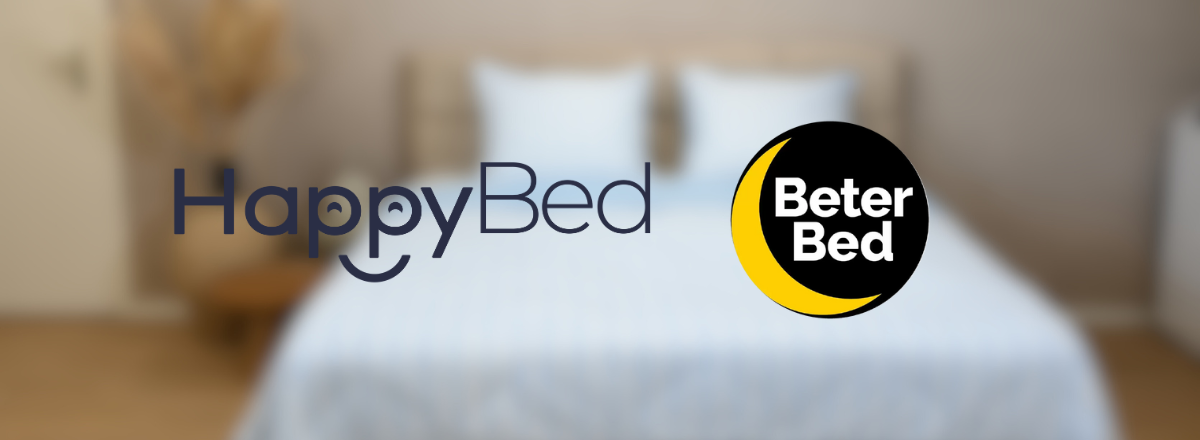A good comforter can make all the difference, especially in poorly insulated bedrooms where it can get really chilly at night. Two well-known brands for coverless comforters, Zelesta and HappyBed, claim to be perfect for all kinds of bedroom situations. But how do they actually perform when it comes to keeping you warm in rooms with bad insulation?
This in-depth comparison not only helps you figure out which comforter is best for your situation, but also explains why HappyBed's coverless comforter is the top pick for steady warmth and comfort, even when it's freezing.
Why is it important to keep warm in poorly insulated bedrooms?
Bedrooms with bad insulation usually let in more cold, especially during winter. This can make sleeping pretty uncomfortable. A comforter that really keeps the heat in can help you sleep well by holding onto your body warmth and keeping the cold air out.
A comforter with poor heat retention can leave you shivering at night, which not only messes with your sleep but also affects your overall well-being. That's why a comforter needs to be specially designed to keep you warm.
The secret to keeping warmth in:
- Material: Natural fibers and smart technology both play a big part.
- Filling: A well distributed, insulating filling helps spread warmth evenly across the comforter.
- Air circulation: Getting the right balance between insulation and breathability stops heat from escaping.
With all this in mind, let's compare how Zelesta and HappyBed actually perform.
1. Materials and heat insulation
The material of a comforter is one of the biggest things that decides how well it keeps you warm.
Zelesta Duvet
Zelesta comforters are made from synthetic microfibers, a popular material because they're lightweight and budget friendly. While microfibers do offer some insulation, they don't always keep you warm enough in rooms that aren't well insulated. That's mostly because synthetic fibers don't trap body heat as well as natural materials do.
- Pros: Affordable and super easy to take care of.
- Cons: Limited heat capacity, especially in chilly rooms.
HappyBed Duvet
HappyBed stands out with natural bamboo fibers, which are not just breathable but also have awesome insulating powers. Thanks to bamboo's thermoregulating effect, the comforter keeps you warm without making you overheat. That makes it perfect for colder spaces, like bedrooms that aren't well insulated.
- Pros: Natural material that keeps you warm but still lets your skin breathe, perfect for keeping your room at the right temperature.
- Cons: Nope, bamboo fibers perform amazingly well in all kinds of conditions.
Winner: HappyBed. The natural insulation of bamboo fibers keeps warmth in like a champ.
2. Filling and heat distribution
The way the filling is spread out has a big impact on how well the duvet keeps you warm.
Zelesta Duvet
Zelesta uses a standard stitching technique where the filling doesn't always stay evenly in place. This can cause cold spots, especially if you use the duvet a lot. That lack of consistency makes it less reliable for bedrooms with chilly drafts.
- Pros: Basic insulation.
- Cons: Prone to clumping and uneven heat distribution.
HappyBed Duvet
The filling in the HappyBed duvet stays put thanks to advanced stitched through technology. The duvet has adjustable compartments, which means the warmth stays spread out evenly, no matter how much you move around at night. No cold spots, just pure comfort.
- Pros: Perfect heat distribution with no clumps or empty spots.
- Cons: Nope, the system is designed for top performance.
Winner: HappyBed. The innovative technology guarantees a consistently warm and comfy bed.
3. Durable performance in cold conditions
How well do both duvets hold up over time, especially if you use them a lot in colder weather?
Zelesta Duvet
Even though Zelesta duvets offer decent insulation, they don't hold up as well after lots of washes. The synthetic material can wear out over time and lose its insulating properties, so it doesn't keep you as warm.
- Pros: Great for occasional use.
- Cons: Loses insulating power faster with frequent washing.
HappyBed Duvet
HappyBed keeps performing just as well, even after heavy use and lots of washes. Thanks to the durable bamboo material, the duvet keeps its insulating qualities and works perfectly in poorly insulated bedrooms, season after season.
- Pros: Long lifespan and consistent performance.
- Cons: None.
Winner: HappyBed. Its long lasting reliability makes it perfect for colder settings.
4. Ease of use and maintenance
Ease of use and maintenance are super important for households.
Zelesta Duvet
Zelesta focuses on convenience with a lightweight design that fits easily in the washing machine. The synthetic material dries pretty quickly, but over time it can lose its shape, which makes it less practical if you use it a lot.
- Pros: Lightweight and you can just throw it in the washing machine.
- Cons: Can wear out and get lumpy after washing.
HappyBed Duvet
HappyBed is all about making your life easier. The duvet is totally machine washable and the bamboo fabric dries super quick. Plus, it keeps its shape and softness even after tons of washes. So your bed always feels fresh and comfy, no need to sacrifice quality.
- Pros: Super easy to wash, dries fast, and keeps its shape.
- Cons: None.
Winner: HappyBed. No fuss maintenance and it still works just as well.
Conclusion
If you want a duvet without a cover that really keeps you warm in a badly insulated bedroom, the choice is obvious. Zelesta might be fine for occasional use, but HappyBed Always top performance because of the amazing bamboo material, smart heat distribution, and how long it lasts.
Why pick HappyBed?
- Awesome heat insulation thanks to natural fibers.
- Always comfy, no cold spots anywhere.
- Stays in shape and lasts long, even if you use it a lot.
- Super easy to take care of and perfect for everyday use.
Whether you live in a poorly insulated house or just want the ultimate comfort on cold nights, HappyBed is the go to choice for warmth and convenience.

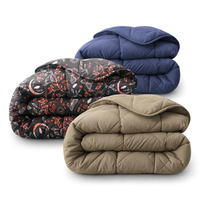







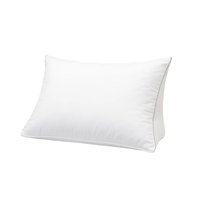
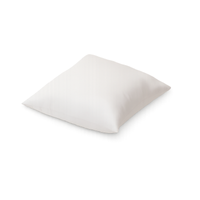

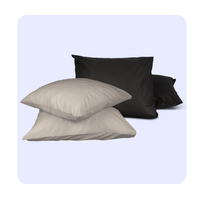
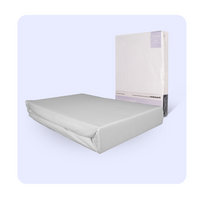
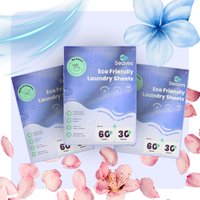
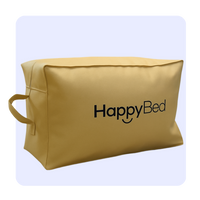

 Continue shopping
Continue shopping
